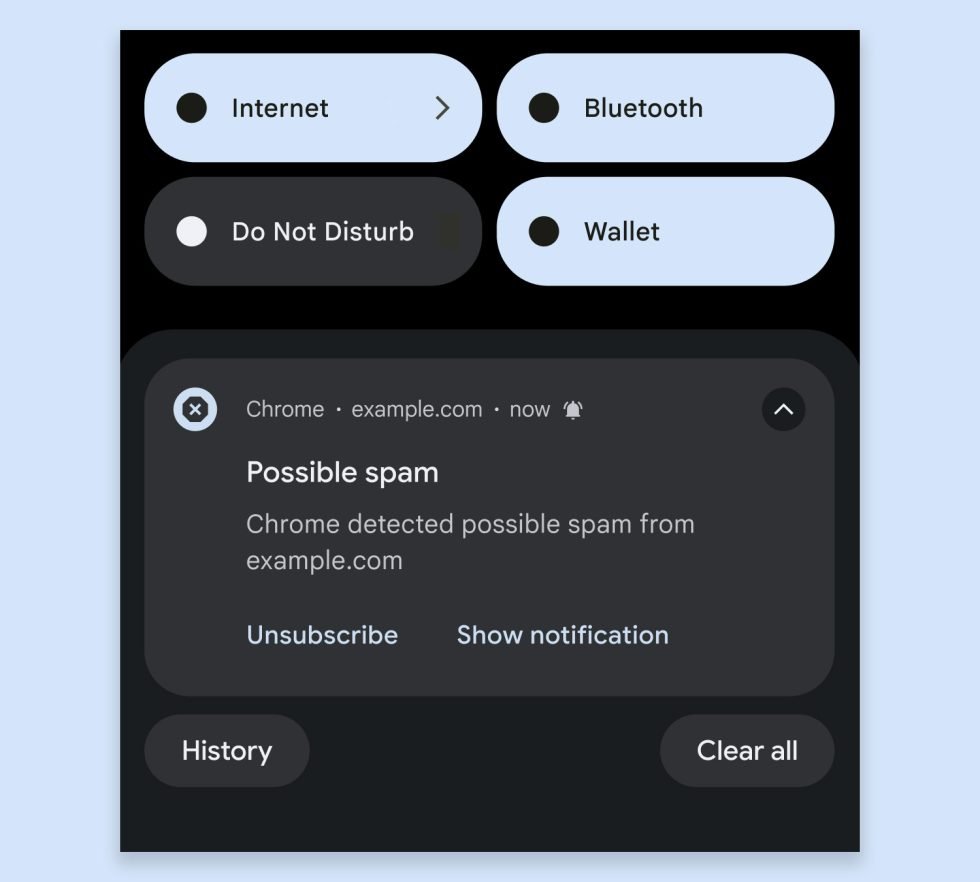I’m skeptical about the usefulness of AI for planning vacations or seeking outing recommendations. I certainly won’t use AI to fabricate a reality through my photos. My doubts stem from the overhyped promises surrounding AI, reminiscent of the unfulfilled expectations of 5G technology, albeit in a more concerning manner. Nevertheless, I believe AI will truly shine when it discreetly enhances our lives by improving efficiency and safety.
Recently, Google introduced some innovative AI features aimed at making Chrome safer from spam and scams.
GEMINI NANO ON CHROME DESKTOP: One significant addition is Gemini Nano, now integrated into Chrome for desktop, designed to combat online scams. According to Google, this “on-device approach” provides immediate insights into risky websites and safeguards us against previously unseen scams. While details are sparse, I envision users receiving prominent warnings if a scam is detected by Gemini Nano. Google is reportedly already utilizing this technology to identify remote tech support scams.
The intention is to expand this protective measure to Android devices in the future.
AI PROTECTION FROM NOTIFICATIONS ON ANDROID: Another new feature pertains to Android, offering protection against notifications subscriptions on Chrome. Google plans to leverage on-device machine learning to identify potential spam notifications. This includes those pop-ups asking if you’d like to subscribe to notifications from various sites—something you should generally avoid. Google believes it can determine if these notifications are malicious, misleading, or spammy.
When a suspicious notification appears, a warning will pop up, labeling it as “Possible spam” and presenting you with two options: unsubscribe immediately or continue to receive the notification if you think Google’s classification is incorrect.

AI can indeed be beneficial, though not always in the ways that are typically suggested.
